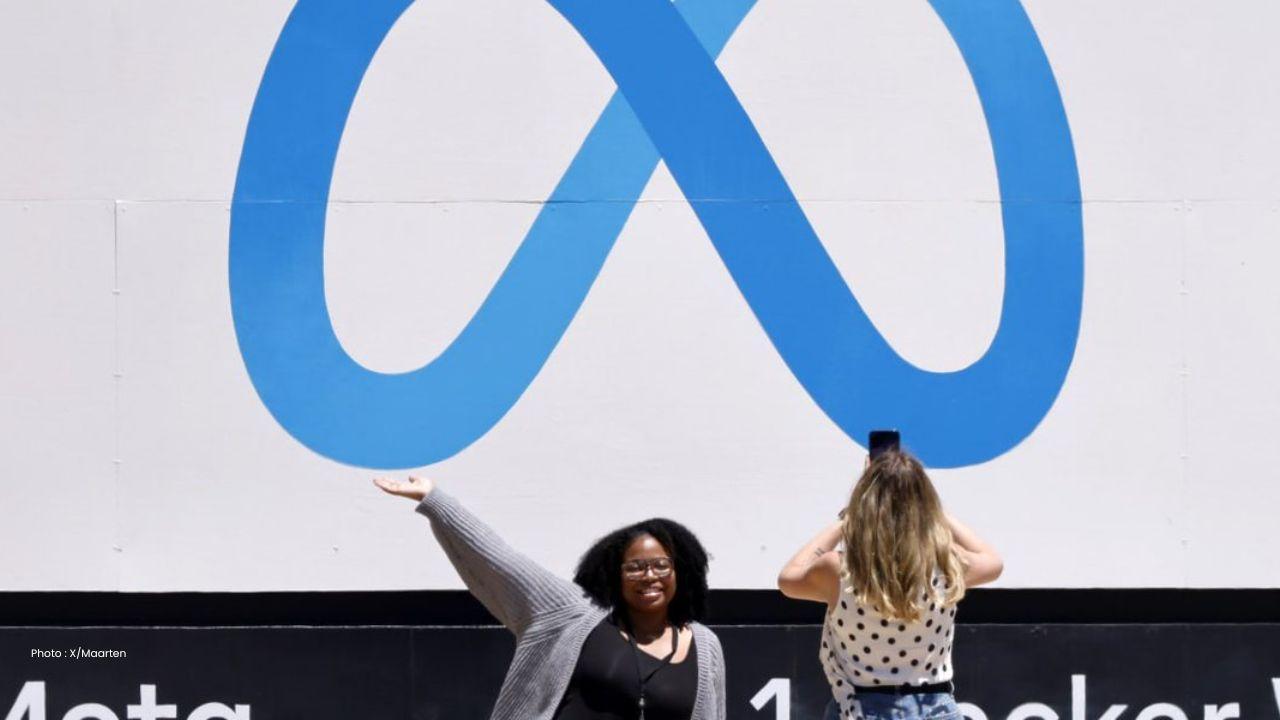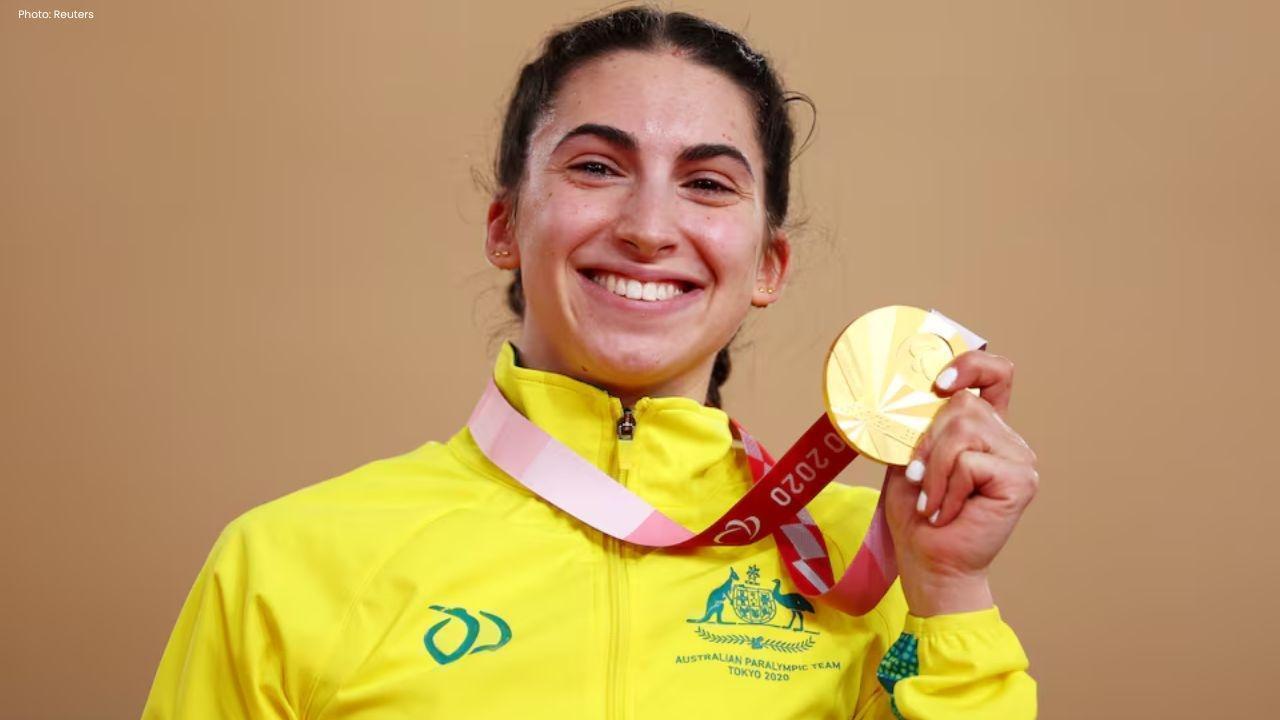
Post by : Abhinav Rana
Meta Platforms is in advanced discussions with major media outlets including Axel Springer, Fox, and News Corp about licensing news material for use in its artificial intelligence products. Roughly in recent months, execs at Meta have reached out to these publishers with the goal of legally incorporating their reporting into tools built on its AI systems. Some of these talks are still preliminary and may not all result in signed agreements, but the initiative underscores how seriously Meta is approaching content licensing in the AI age.
The media landscape has changed fast. Publishers have been pushing for fair compensation when tech giants use their content to train AI or to feed AI-generated summaries. Outlets like Axel Springer and News Corp have already made public statements in support of licensing agreements that reward journalism without undermining revenues. Meta’s approach seeking partnerships rather than relying entirely on open scraping of content—signals a shift toward more collaborative relationships.
Behind these licensing efforts is Meta’s ongoing internal reorganization of its AI strategy, which includes a new division called Superintelligence Labs. According to those familiar with Meta’s plans, Superintelligence Labs is intended to serve as a centralized unit overseeing major AI initiatives, including the AI models that will rely on licensed news content. Meta’s shift follows internal shakeups and leadership changes after some missed expectations around its recent open-source model releases.
Meta is not alone in pursuing licensed content for AI development. OpenAI struck content licensing deals with some publishers in order to use news for its models. Meanwhile, Amazon has partnered with The New York Times to license editorial content for products like Alexa. These existing deals serve as proof of concept that licensing news content is financially and legally viable and increasingly expected by publishers wary of uncontrolled use of their work.
Even with enthusiasm, there are big hurdles. Negotiations may stall over content fees publishers want rates that reflect the value their journalism brings, but Meta must balance costs especially as it invests heavily in other AI infrastructure. Then there are concerns about editorial control, accuracy, licensing terms, and ensuring that news content is credited properly. Meta will also need to navigate intellectual property law in different jurisdictions, many of which are still catching up to the rapid pace of AI content usage.
For the journalism industry, this could mark a turning point in how content is monetized in the AI era. If Meta succeeds in closing licensing deals, it would help establish more secure, stable revenue streams for publishers, especially as ad revenue declines and subscriptions plateau. For tech platforms, licensing may become a necessary cost of doing business—not a luxury. Content agreements could affect user experience, trust, and legal risk.
For Meta’s users, these licensing deals could mean more reliable AI-generated summaries, better context, and fewer legal headaches. Instead of murky attributions or unverified content, licensed news could bring credible sources into AI tools. But user trust will depend on how transparent the partnerships are: will users know when a summary comes from Axel Springer vs independent reporting? Will publishers get credit and revenue? The answers to such questions could define how users perceive AI news features going forward.
Key signs to monitor include whether deals are publicly announced (and with which media groups), what fee structures are agreed (subscription-style, one-off, revenue share), and how broad the rights granted are (summaries, full articles, multimedia). It will also be important to see how regulation in places like the EU, UK, Australia, and Canada shapes licensing laws, some governments are already pushing for tech platforms to pay publishers. Finally, how Meta integrates licensed content into its products and how those features are received by users could influence licensing norms across the industry.
Meta’s pursuit of news licensing deals with publishers like Axel Springer and Fox may seem like business as usual, but it could herald a new norm in AI development. As platforms that consume and “learn” from journalism step into formal licensing agreements, they raise the bar for respect, compensation, and the role of news itself in the tech ecosystem. Whether Meta succeeds or stumbles, the ripple effects are likely to reshape how journalism is valued, how AI is trained, and how societies balance innovation with equity in information.










Curacao, Haiti, and Suriname's Quest for World Cup Glory
Curacao, Haiti, and Suriname aim for a historic World Cup spot as Concacaf qualifiers reach their th

Oscar Discharged from Hospital After Cardiac Scare
Former Chelsea star Oscar is out of the hospital following heart issues; Sao Paulo affirms his stabi

Tributes Pour in for Paige Greco, the 28-Year-Old Paralympic Star
Paige Greco, a gold medallist from the Tokyo 2020 Paralympics, tragically passed away at 28, leaving

Eagles Secure 16-9 Triumph Over Lions with Late First-Half Touchdown
The Philadelphia Eagles captured a 16-9 win against the Detroit Lions, thanks to Jalen Hurts' pivota

Baltimore Ravens Triumph with Andrews' Game-Sealing Touchdown
Mark Andrews' stunning 35-yard touchdown run in the fourth quarter propelled the Ravens past the Bro

Purdy’s Stellar Comeback Powers 49ers Past Cardinals
Brock Purdy shines in his return, guiding the 49ers to a decisive 41-22 win over the Cardinals with